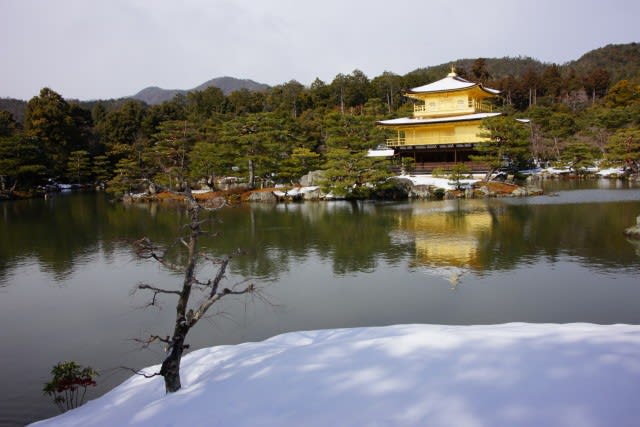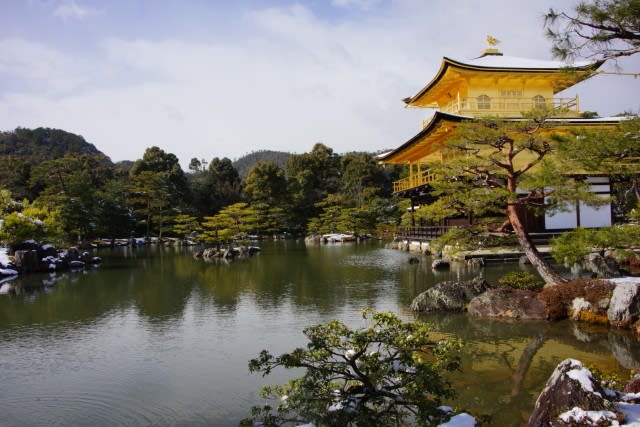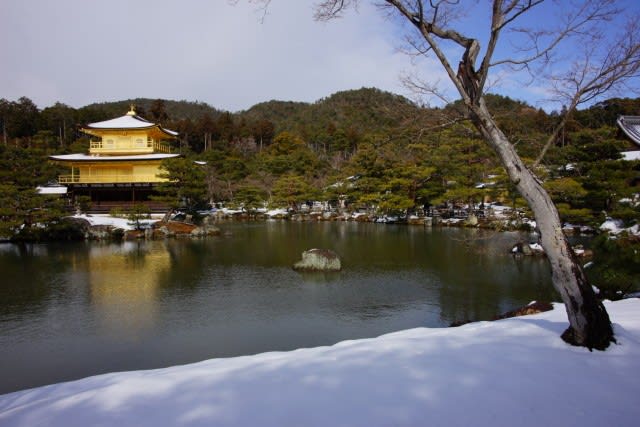Нижеследующее взято из серийной колонки г-жи Йошико Сакураи, которая успешно завершает выпуск еженедельника «Синчо», выпущенного сегодня.
Эта статья также доказывает, что она является национальным достоянием, определенным Сайчо, высшим национальным достоянием.
Это обязательное чтение не только для жителей Японии, но и для людей во всем мире.
Возродить Японию, отменить систему университетских кафедр
Хисаси Ямамото, профессор Университета Тюбу, кандидат на Нобелевскую премию по химии, призывает: «Японцы должны стать людьми, которые могут двигаться».
«Ребенок, который знает эмоции, несомненно, может значительно вырасти в оставшейся части своей жизни. Став взрослым, вы станете человеком, который может изобретать и открывать. по гуманитарным наукам» (издательство Sankei Shimbun Publishing), он высказал свое мнение.
Он говорит, что если мы будем относиться к своей семье, друзьям, стране, обществу и ко всему в мире с душевным сердцем, мы создадим глубокие связи.
Г-н Ямамото говорит, что если вы не знаете впечатления, почти все будет меняться со скоростью за пределами вашего воображения, вы не сможете реагировать, и вам будет трудно выжить; вот почему вы можете поторопиться вернуться к богатой чувствительности японского народа.
Г-н Ямамото призывает нас поскорее вернуться к изначально богатой чувствительности японского народа.
В своей предыдущей книге «Японцам не обязательно быть логичными» он утверждал, что сила японцев заключается в их эмоциях.
Он сказал, что у японцев должно быть больше уверенности в том, что они японцы.
Он подчеркивает, что мягкая и богатая чувствительность является матерью всех великих идей в науке и исследованиях и что именно здесь начинается «возрождение Японии».
Опираясь на собственный опыт исследователя, он утверждает, что без богатого чувства чуткости творить невозможно.
Например, он писал, что никогда не встречал нобелевского лауреата, который мыслит логически; все они были эмоциональными людьми.
Его ощущение этого уходит корнями далеко в историю.
Он считает, что воспитание японских эмоций и тонких чувств началось в период Дзёмон.
Около 10 000 лет Дзёмон поддерживал мирное общество и обладал высоким уровнем культуры.
На самом деле я чувствую, что их духовный мир связан с синтоизмом, который также является основой национального характера Японии.
Например, это способ оплакивать умерших.
В поселениях дзёмон он заботливо ухаживал за могилами умерших рядом с теми местами, где жили живые.
Дземон, защищавшие и поддерживавшие деревни с населением от 1000 до 1500 человек на протяжении тысячелетий, жили в духовном мире, где мертвые и живые были едины.
Вера дзёмонов в то, что духи умерших все еще с нами, наблюдая за нами даже после того, как их тела погибли, может быть связана с синтоистским взглядом на жизнь и смерть.
Дух реставрации Мэйдзи
В богатой природе японского архипелага народ Дзёмон создал общество взаимоподдержки, которое удивило бы даже современных людей.
Помимо своего взгляда на жизнь и смерть как на жизнь с мертвецами, они уважали природу и ценили своих односельчан.
Они также жили в изобилии с точки зрения еды и ремесел.
Ценности, лежащие в основе деревень Дзёмон, были нежным кодексом уважения к каждому человеку.
Именно потому, что такое сообщество, полное человечества, продолжало существовать на японском архипелаге, родилась конституция принца Сётоку из 17 статей.
В период Камакура (1185-1333) ценности права представлялись как краткий принцип «морали», как «идея, отрицающая сам конфликт».
По словам г-на Ямамото, именно система ценностей ставит во главу угла процветание группы в целом.
По его мнению, «мораль» с тех пор стала лейтмотивом японского общества.
Сила коллективизма позволила Японии преодолеть кризис конца периода Эдо и осуществить Реставрацию Мэйдзи.
По мере того, как история расширялась с конца периода Эдо до Реставрации Мэйдзи, группа японцев пробежала, играя свои роли.
Были ли это те, кто потерял свою молодую жизнь, что было слишком прискорбно, или те, кто дожил до великих дел Реставрации Мэйдзи, все японцы отдали все ради Японии в условиях национального кризиса, сравнимого с нынешними резкими изменениями в международной сообщества в 21 веке.
Среди них, например, был Хасимото Санаи из области Фукуи в провинции Эчидзэн.
Он был единственным ребенком Хашимото Хикоя, врача из клана.
Санай начал изучать китайскую классику в возрасте 7 лет, а в 10 лет прочитал и понял все 65 томов «Роман о трех королевствах».
Он прочитал и понял все 65 томов «Истории трех королевств» в 10 лет. Даже образованным взрослым трудно прочитать и понять 65 книг.
Саннай также узнал о реальности Опиумной войны, прочитав «Записи святого Ву», написанные Вэй Юанем, мыслителем династии Цин.
Насколько неразумными были британцы в войне и как они поставили династию Цин на грань эксплуатации и тирании.
Зная об угрозе и жестокости сил, Санаи считает, что наша страна должна открыться им, чтобы обрести силу.
Он также предлагает геополитическую стратегию, согласно которой Япония должна установить отношения с Россией.
Мы поражены глубиной его знаний из многих писем, оставленных Санаем.
Глубина его знаний ошеломляет, а его проницательное видение мира поражает.
В молодом возрасте 26 лет Санаи был приговорен к смертной казни во время чистки Ансэй Ии Наосукэ.
Грустно думать о сожалениях 26-летнего молодого человека.
Мы можем только сожалеть о том, какой это была потеря для японского народа.
Сайго Такамори сказал, что он не смог бы построить свое мировоззрение, не общаясь с Санаи, которая была на шесть лет моложе его.
С такими людьми история повернулась к Реставрации Мэйдзи, и Япония едва смогла избежать угрозы со стороны великих держав.
Основываясь на этой истории, г-н Ямамото говорит, что японский народ должен вернуться к духу Реставрации Мэйдзи.
Я с ним согласен.
Застой, как ползание по земле
И что происходит с Японией теперь, когда Реставрация Мэйдзи закончилась?
По крайней мере, последние 30 лет Япония находилась в состоянии непрерывного упадка.
Япония и японцы утратили свой первоначальный японский характер.
Мы теряем силы в науках и исследованиях.
Проще говоря, Токийский университет, высшее учебное заведение Японии, в настоящее время занимает 35-е место в мире, не говоря уже о первой десятке.
Реально говоря, Япония становится беднее с каждой минутой.
В то время как почти каждая другая страна пережила 30 лет устойчивого экономического роста, только Япония ползла по земле.
Япония находится на грани того, чтобы обогнать даже Южную Корею по национальному доходу на душу населения.
Причина этого, по мнению Ямамото, в том, что японское общество теряет свою японскость.
Он говорит, что японское общество забыло воспользоваться своей долгой историей коллективизма в университетском образовании, методами проведения исследований и тем, как компании принимают исследователей.
Важность группизма, описанная г-ном Ямамото, который добился результатов в оригинальных исследованиях как личность, означает лелеять индивидуальный талант и использовать его для целого.
Используя Санаи в качестве примера, феодал Мацудайра Ёсинага отправил Санаи, которому было всего 16 лет, в Осаку учиться у Огата Коана.
Позже он поднял его на политической арене.
Хотя Санаи был приговорен за это к смертной казни, идея заключалась не в том, чтобы похоронить талантливых людей, а в том, чтобы дать им возможность играть активную роль на благо нации и демонстрировать свою силу как группы.
Как педагог и исследователь г-н Ямамото предсказывает, что Япония придет в упадок, если эта тенденция сохранится.
Он выступает за то, чтобы дать волю молодым исследователям и положить конец нынешней системе кафедр в университетах, чтобы этого не произошло.
Он призывает нас перестать подавлять творчество, привязывая их к иерархии штатных профессоров, доцентов и доцентов.
Укрепите мощь Японии в целом, платя всем молодым людям, обучающимся в докторантуре и магистратуре, за бесплатные исследования, как в Европе, США и Китае.
Я полностью согласен.

















